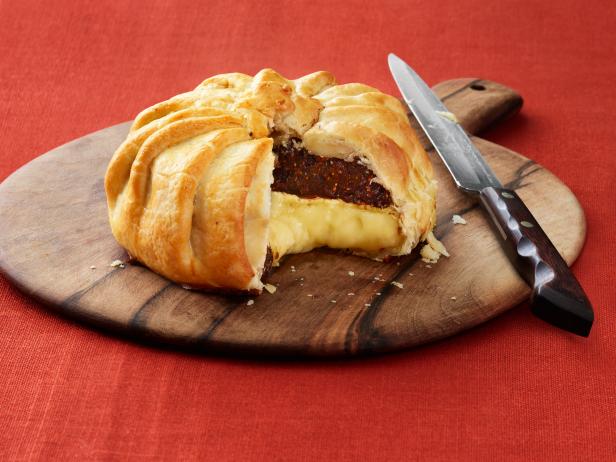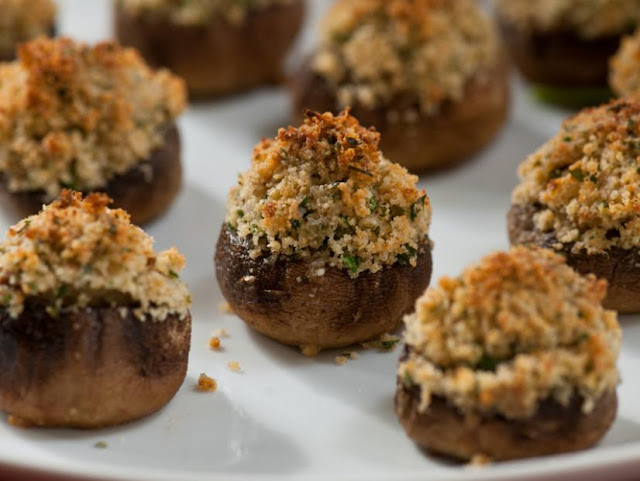The benefits of low-carb diet
We are told that eating fat will make you fat. It is actually when you eat fat and too many carbohydrates. When you consume carbohydrates, they are converted into glucose . The pancreas then secretes insulin to reduce the blood glucose levels. Insulin is our fat storing hormone and fat burning is turned off. If we have very little amounts of carbohydrates in our diet, we require less insulin, thus store less fat and able to burn fat.
Different people can tolerate, and remain healthy, with large amounts of carbohydrates and some virtually none (diabetics). Also when we get older, our ability to handle carbohydrates get lessened and we may get pre-diabetes or insulin resistance (type 2 diabetes). When we consume too many carbs, our body will produce more insulin to help reduce the large amount of glucose now in our blood, leading to insulin resistance.
So what is low-carb?
A low-carb diet limits carbohydrates — which are found in grains, starchy vegetables and fruit — and emphasizes foods high in protein and fat. Many types of low-carb diets exist. Each diet has varying restrictions on the types and amounts of carbohydrates you should eat.
A low-carb diet is often used for weight loss goals. Some low-carb diets may have health benefits besides weight loss, such as reducing risk factors associated with type 2 diabetes and metabolic problems.
Why go low-carb? By reducing the amount of carbs intake you can:
- stabilize blood sugar levels
- stabilize insulin release
- stabilize hunger signals and learn to really recognise true hunger
- stop insulin spikes which lead to crashes in blood sugar then insatiable hunger
- lose weight
- improve blood lipid state – increase good cholesterol, decrease bad and lower triglycerides
- improve nutrient intake
- can prevent developing type 2 diabetes by limiting your insulin levels
- reduce inflammation in arteries and veins which is a plus factor to cardiovascular disease and dementia
By eating a low carb high fat diet, you are sustained throughout the day. You don’t get the sugar spikes and then sugar crashes, you don’t need the candies and coffee to stimulate you in the afternoon slump, your whole unprocessed food intake rockets, your blood lipid profile improves, blood pressure drops, need for type 2 medication and insulin will be reduced, thinking will be clearer for the entire day, your gut will improve the ability to absorb nutrients, migraines will be lessened, etc
Dіеt dеtаіls
As the name says, a low-carb diet restricts the type and amount of carbohydrates you eat. Carbohydrates are a type of calorie-providing macronutrient found in many foods and beverages.
Carbohydrates can be simple or complex. They can further be classified as simple refined (table sugar), simple natural (lactose in milk and fructose in fruit), complex refined (white flour) and complex natural (whole grains or beans).
Common sources of naturally occurring carbohydrates include:
- Grains
- Fruits
- Vegetables
- Milk
- Nuts
- Seeds
- Legumes (beans, lentils, peas)
Your body uses carbohydrates as its main fuel source. Complex carbohydrates (starches) are broken down into simple sugars during digestion. They’re then absorbed into your bloodstream, where they’re known as blood sugar (glucose). In general, natural complex carbohydrates are digested more slowly and they have less effect on blood sugar. Natural complex carbohydrates provide bulk and serve other body functions beyond fuel.
Rising levels of blood sugar trigger the body to release insulin. Insulin helps glucose enter your body’s cells. Some glucose is used by your body for energy, fueling all of your activities, whether it’s going for a jog or simply breathing. Extra glucose is usually stored in your liver, muscles and other cells for later use or is converted to fat.
The idea behind the low-carb diet is that decreasing carbs lowers insulin levels, which causes the body to burn stored fat for energy and ultimately leads to weight loss.
Турісаl fооds fоr а lоw-саrb dіеt
In general, a low-carb diet focuses on proteins, including meat, poultry, fish and eggs, and some nonstarchy vegetables. A low-carb diet generally excludes or limits most grains, legumes, fruits, breads, sweets, pastas and starchy vegetables, and sometimes nuts and seeds. Some low-carb diet plans allow small amounts of certain fruits, vegetables and whole grains.
A daily limit of 0.7 to 2 ounces (20 to 60 grams) of carbohydrates is typical with a low-carb diet. These amounts of carbohydrates provide 80 to 240 calories. Some low-carb diets greatly restrict carbs during the initial phase of the diet and then gradually increase the number of allowed carbs.
Results
Weight loss
Most people can lose weight if they restrict the number of calories consumed and increase physical activity levels. To lose 1 to 1.5 pounds (0.5 to 0.7 kilogram) a week, you need to reduce your daily calories by 500 to 750 calories.
A 2015 review found that higher protein, low-carbohydrate diets offer an advantage in terms of weight loss and loss of fat mass compared with a normal protein diet.
Cutting calories and carbs may not be the only reason for the weight loss. Some studies show that you also shed some weight because the extra protein and fat keeps you feeling full longer, which helps you eat less.
Other health benefits
Low-carb diets may help prevent or improve serious health conditions, such as metabolic syndrome, diabetes, high blood pressure and cardiovascular disease. In fact, it helps you reduce or even reverse risk factors for cardiovascular disease and diabetes, improve your blood cholesterol or blood sugar levels .
About Low-carb Recipes:
Here you will find numerous delicious low-carb recipes which you can use in your low-carb diet. They are all designed to contain very low amount of carbs and rich amount of healthy fat and protein. We introduce many kind of recipes so you can apply in your daily meal whether you want dessert or main dishes!
About Low-carb Recipes:
Here you will find numerous delicious low-carb recipes which you can use in your low-carb diet. They are all designed to contain very low amount of carbs and rich amount of healthy fat and protein. We introduce many kind of recipes so you can apply in your daily meal whether you want dessert or main dishes!



Comments
Post a Comment